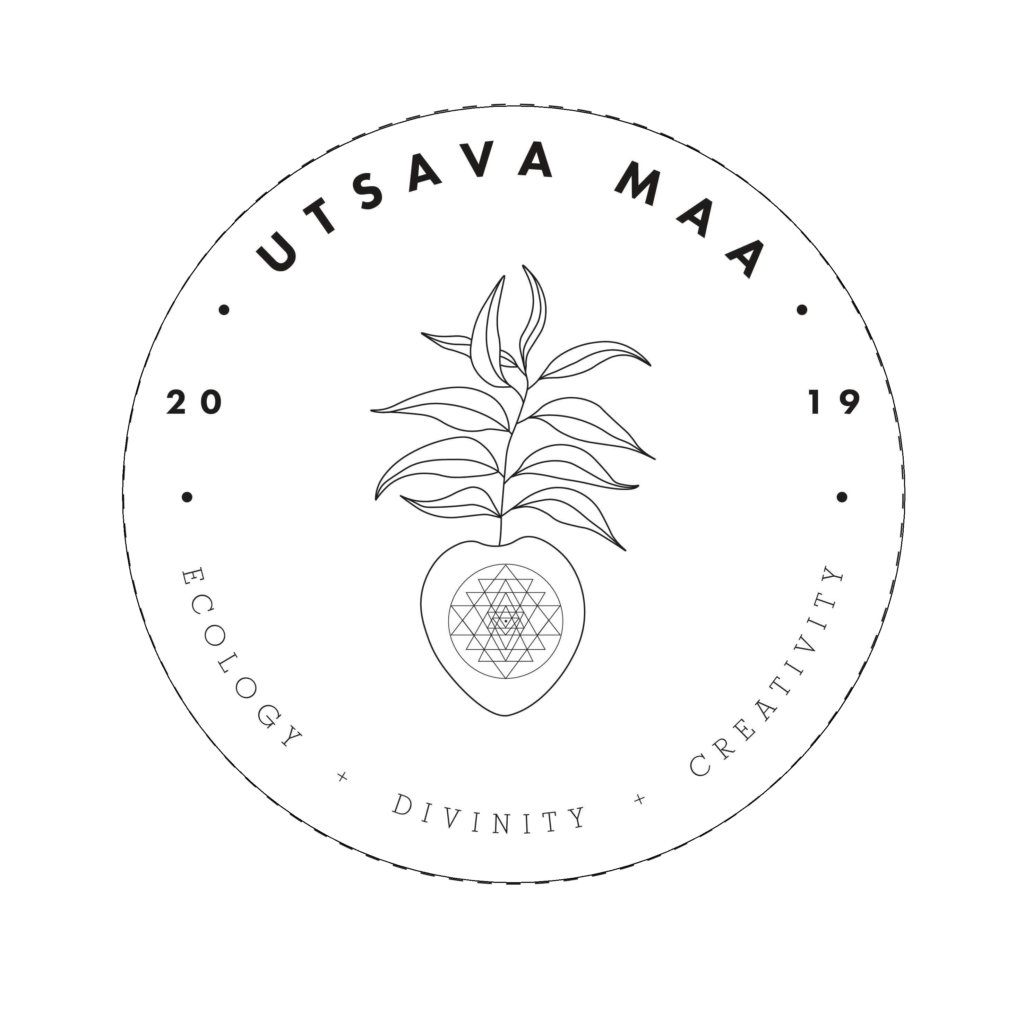Pre-Conference
Preconference learning opportunities offer a deeper view into the method of communicating the glory of Shakti to the world through the medium of film. Several documentarians will join us to screen their film and offer Q&A interactive session. Interact with artists and activists on their platform. Find your own voice through inquiry and introspection. This is an excellent opportunity to witness other Goddess’ creative process, engage in shared learning about product development and activism in the realm of ecology, and build a sisterhood in an intimate setting. Space is limited, so be sure to register early.
Films that will be screened in the first 3 days
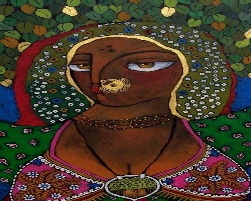
Bisnois: Religion of the Environment
The Bishnois of Rajasthan in western India are one of the oldest ecologically-aware, practising environmentalists in India. Four of their 29 religious tenets are related to environmental beliefs. A member of the Bisnois faith will be on campus to provide a Q & A following the documentary.
Women & Religion in India
This documentary is an attempt to capture the current day practices of all the major religions in different parts of India with an aim to understand what position and rights do women enjoy, in the context of religions and traditions. This trailer shows the journey of only three states. The documentary would have stories from at least ten more states, showing the overall picture of the country. Director Disha Arora will offer a Q & A session following the film
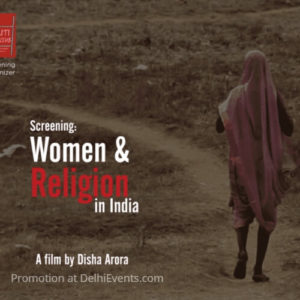
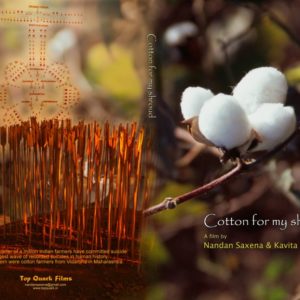
Cotton for My Shroud
Since 1995, a quarter of a million Indian farmers have committed suicide – the largest wave of recorded suicides in human history. Most were cotton farmers from Vidarbha in Maharashtra. Once known for its fine cotton, it is now called the “graveyard of farmers.” The escalating cost of inputs like seed, fertilizer and pesticide has made farming unsustainable. The lack of resources and institutional credit for sowing the fields in the summer drives poor farmers to end their lives. In the winter, the depressed rates of cotton become the proverbial last straw. Cotton for my Shroud investigates the ongoing farmer suicide crisis in India and the culpability of the multinational Monsanto and the Indian government. It examines the idea of a second colonization of India stemming from corporations’ strategic control of seed supply and the corruption of politicians who are willing to help.
Eat Pray Love
Liz Gilbert is a modern woman on a quest to marvel at and travel the world while rediscovering and reconnecting with her true inner self. At a crossroads after a divorce, she takes a year-long sabbatical from her job and steps uncharacteristically out of her comfort zone, risking everything to change her life. Her adventures take her to Italy, Bali, and India. Liz will be on campus to screen the film and answer questions about her journey and book.

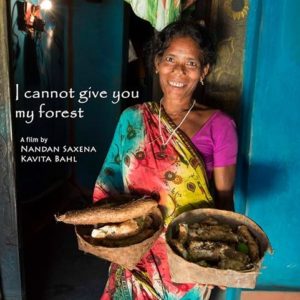
I Cannot Give You My Forest
From acclaimed documentary makers Nandan Saxena & Kavita Bahl, I Cannot Give You My Forest explores the intersection between government policy, livelihood, ecology and human rights. Focusing on the Kondh adivasis of Rayagada in Orissa who demonstrate their symbiotic relationship with the forest, a rich source of nutrition, the film emphasises the need to protect India’s forests from commercial exploitation, observing the fragile state of the country’s national resources. Co-director
Candles In the Wind
This documentary witnesses the silent march of these women as they re-negotiate the rules of engagement and the politics of domination in their bid to survive. Their struggle gives us a window into the social-economic flux in rural India. The strategies of survival and re-negotiation of spaces lends itself to a nuanced understanding of the silent under-currents of a gender-specific struggle in the larger narrative of surviving as a farmer in these times.
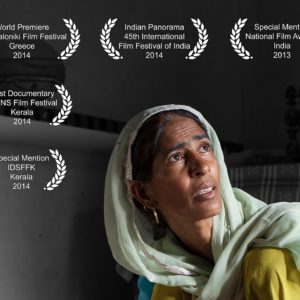
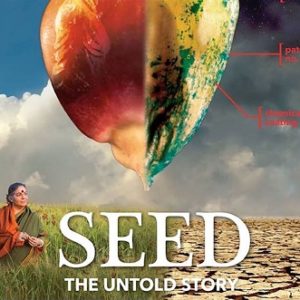
Seed : The Untold Story
A film about the importance of heirloom seeds to the agriculture of the world, focusing on seed keepers and activists from around the world. A representative from Vandana’s farm, Navdanya will be on campus to answer questions from the audience about this important work.
A Pestering Journey
A voyage through two pesticide tragedies in post Independent India, ‘A Pestering Journey’ is an attempt to interrogate the legitimate forms and technologies of killing available in a culture. Taking a pestering turn, the journey blurs the boundaries of nature and culture, of self and other, of life and death and many other comfortable binaries we inhabit. It tries to ask how much regard for life a culture should have to ponder over the question, what a pest is.
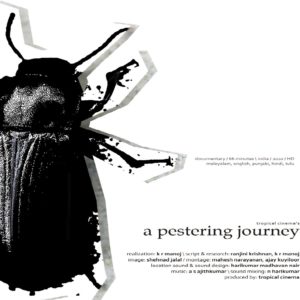

Samsara
Samsara is a Tibetan word that means “The ever turning wheel of life”, a concept both intimate and vast, the perfect subject for filmmakers Ron Fricke and Mark Magidson whose previous collaborations include Chronos and Baraka. “Samsara” takes the form of a nonverbal, guided meditation that will transform viewers in countries around the world, as they are swept along a journey of the soul. Through powerful images pristinely photographed in 70mm and a dynamic music score, the film illuminates the links between humanity and the rest of the nature, showing how our life cycle mirrors the rhythm of the planet.
Apatani: Women of Ziro Guhya
Guhya is about a journey and a search for different truths. Historically speaking, mother-goddesses date back to Harappa, and pre-Vedic societies that were matriarchal and pastoral or agrarian. However, despite the general devolution of such systems, a patriarchy exists in India. In Kerala, Andhra Pradesh and Assam there are still centers of goddess worship. This is in part because women in this area display a strong female identity.
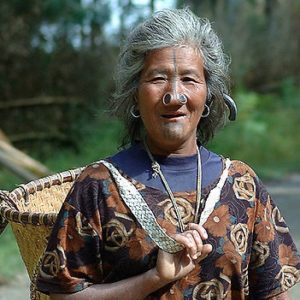
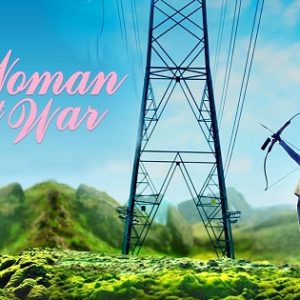
Woman At War
Halla is a fifty-year-old independent woman. But behind the scenes of a quiet routine, she leads a double life as a passionate environmental activist. Known to others only by her alias “The Woman of the Mountain,” Halla secretly wages a one-woman-war on the local aluminum industry. As Halla’s actions grow bolder, from petty vandalism to outright industrial sabotage, she succeeds in pausing the negotiations between the Icelandic government and the corporation building a new aluminum smelter. But right as she begins planning her biggest and boldest operation yet, she receives an unexpected letter that changes everything. Her application to adopt a child has finally been accepted and there is a little girl waiting for her in Ukraine. As Halla prepares to abandon her role as saboteur and savior of the Highlands to fulfill her dream of becoming a mother, she decides to plot one final attack to deal the aluminum industry a crippling blow.
Dance With Hands Held Tight
80% of rural women are engaged in livelihoods dependent on natural resources in India. The film explores the questions arising from this intense relationship through four focused engagements. The fisherwomen off the coast of Karnataka are today distraught and distressed. The fish catch on which they and their families survive on, has gone down. The Apatani Women of Ziro, Arunachal Pradesh have controlled their unique fish-paddy agriculture for many years. But the future of this agriculture is unsure. The indigenous people and Dalit women of Kashipur, Orissa have taken their fight over rights over Hill Broom squarely into the courtyard of the state. And won! And the women of Sonebhadra, Uttar Pradesh have braved bullets and physical abuse of the state to protect their land from being taken over.

